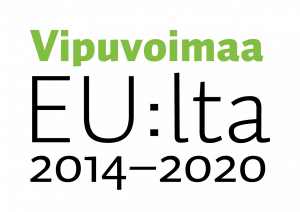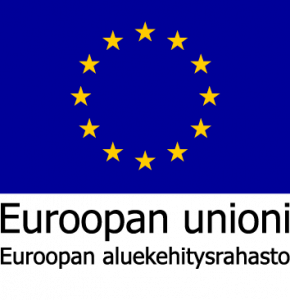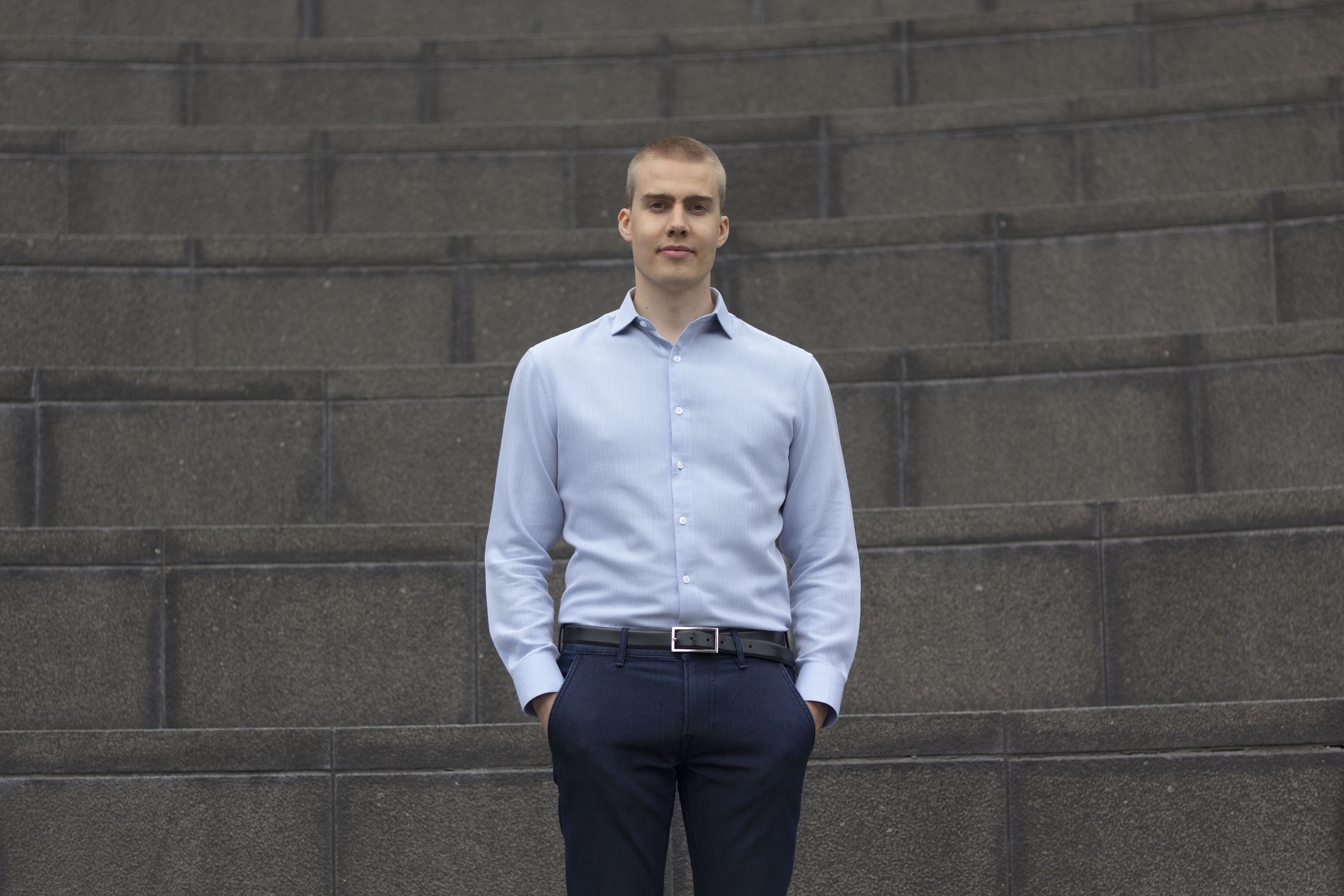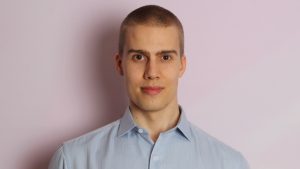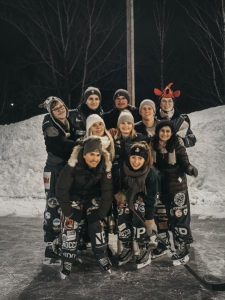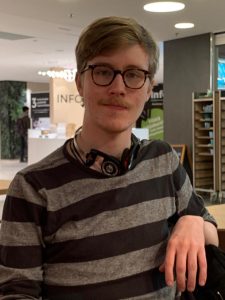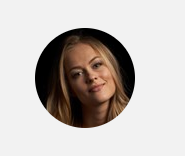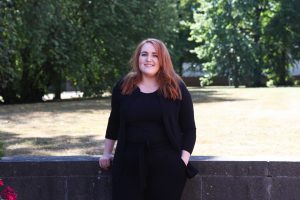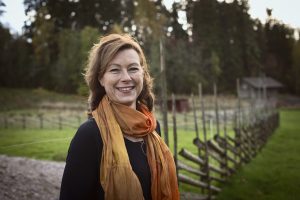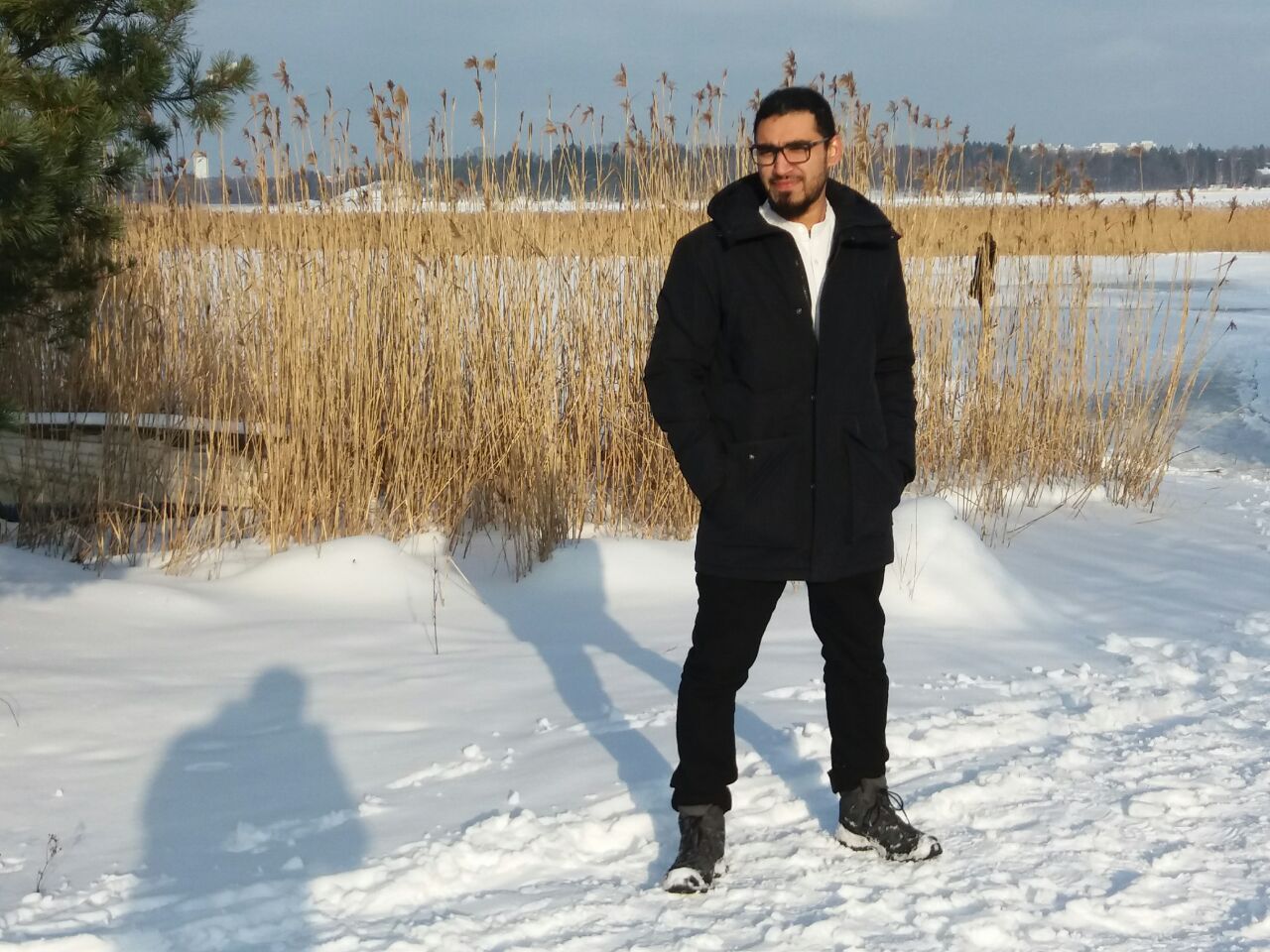Espoo’s goal is to be permanently Europe’s most sustainable city and carbon neutral by the year 2030. To reach this goal, we need the whole of Espoo and its citizens to participate in taking Espoo, Finland and, more broadly, international cooperation towards a sustainable future.
Of the climate emissions produced in Espoo, the majority results from heating apartments, transport and electricity consumption. To support the sustainable growth of Espoo, we are implementing and developing significant new solutions for smart and clean technology together with our partners. The Fiksu Assa [Smart Station] event is coming to the Aalto University metro station on 13–15 May. This is an easy opportunity to test climate-smart solutions and things that ease the everyday in the vicinity of the metro station. Station areas are clusters of large crowds, housing and transport with growing potential for various service solutions.
Smart and low-carbon solutions support the smoothness of everyday life. Important solvers of climate change are probably moving through the Aalto University metro station in other weeks as well, however. Cities, the state, companies and other organisations need skilful people with a strong interdisciplinary understanding both now and in the future. It is not enough to be skilled in just one perspective, whether it be technological, societal, economic, administrative or natural-scientific. You have to be able to see for what the different disciplines and skills are needed in order to accomplish the big and desperately called-for changes.
The change towards carbon neutrality, in particular, requires different types of people to be able to work together. I believe that scientific studies alone do not prepare you for this but that you need student life as well. Doing things together and enjoying the shared life journey are constantly developing your interaction skills. Of course, this journey will continue after your studies as well, but your student days are an excellent opportunity to enjoy cooperation. In addition to completing coursework together, I encourage you to spend evenings and face the mornings together. Students are needed as change-makers, as part of the cooperation network and as drivers of change. You are solvers, both now and in the future!
Writer: Niina Nousjärvi works as
the Coordinator of Sustainable Development for the City of Espoo.
The Fiksu Assa project aims to improve the service offering at train and metro stations and, through that, to ease the everyday of citizens and to promote low-carbon means of transport. HSY and the cities are organising the Fiksu Assa event on 13–18 May 2019 at the Aalto University metro station and the Malmi, Myyrmäki, Riihimäki and Hämeenlinna train stations, where new and climate-smart services are being introduced.
Aalto University metro station, Mon–Fri 13–17 May, see the programme (in Finnish)
Riihimäki train station, Mon–Tue 13–14 May
Hämeenlinna train station, Mon–Tue 13–14 May
Myyrmäki train station, Wed–Sat 15–18 May
Malmi train station, Thu–Sat 16–18 May
Detailed schedule and information about services at www.fiksuassa.com and the Facebook event (both in Finnish), where you can also come up with new services for stations.
Read the report Analysis of the development of station areas as trade locations especially for low-carbon business (in Finnish).

